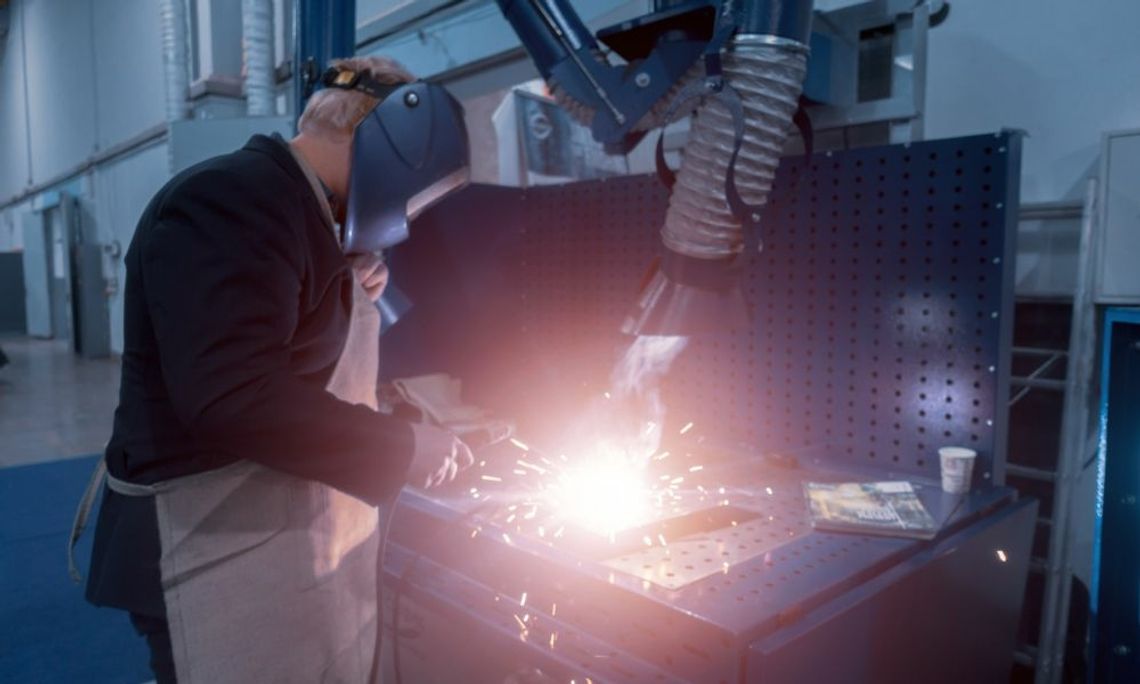Welding is a standard process used in construction and manufacturing. While welding is an essential process, it can also be hazardous to your health. Exposure to fumes and gases generated during welding can cause serious health problems.
Often, welders and other workers are unaware of the risks of poor ventilation. Let’s look at the importance of good ventilation in welding and offer tips to help keep workers safe.
What Are Welding Fumes, and Why Are They Harmful?
Welding produces fumes that contain particles, gases, and toxins that can harm human health. Some of these toxic fumes can cause adverse health effects with chronic exposure. Manganese, lead, and nickel are some of the most common toxic metals in welding fumes. Exposure to these metals through fumes can cause neurological problems, respiratory irritation, lung damage, and other health problems.
The Importance of Good Ventilation
Ventilation plays a vital role in keeping workers safe and healthy. Welding generates a significant amount of fumes; without proper ventilation, workers can be exposed to these fumes, leading to serious health problems. Ventilation systems help to remove welding fumes and other airborne pollutants from the work area, improving air quality and reducing exposure to toxic fumes. Good ventilation also helps in preventing accidents such as fires or explosions.
Tips for Maintaining Good Ventilation in Welding
Several steps can be taken to maintain good ventilation in welding. Firstly, always ensure that the welding area is well-ventilated or has a welding hood with a ventilation system. If welding indoors, open windows or use air conditioning to improve air circulation. Regular cleaning and maintenance of ventilation systems can also aid in keeping them in good operating condition. Furthermore, consider introducing additional ventilation equipment, such as portable extraction units.
Importance of Personal Protective Equipment (PPE)
PPE, such as respirators, protects welders from inhaling harmful fumes. Wearing a respirator will protect the welder from inhaling fumes and gases by removing them from the air before they reach the lungs. Other PPE essentials for welders besides respirators include gloves, helmets, and fire-resistant clothing.
Regular Monitoring and Health Checkups
It’s crucial to ensure that workers are regularly monitored for exposure to welding fumes, especially when working in high-risk welding operations. If you know you have been exposed to toxic fumes regularly, you should undergo health checkups. These checkups can help detect or diagnose health issues earlier, allowing the affected individuals to get timely and proper medical attention.
Good ventilation is crucial in welding operations. Welding can expose workers to harmful fumes, making ventilation systems essential to any welding process. Good ventilation and using eco-friendly welding materials are just two of the ways you can reduce environmental impact when welding and help keep workers safe. Employers should ensure proper ventilation systems and other safety measures to protect welders from potential hazards.


Comment
Comments